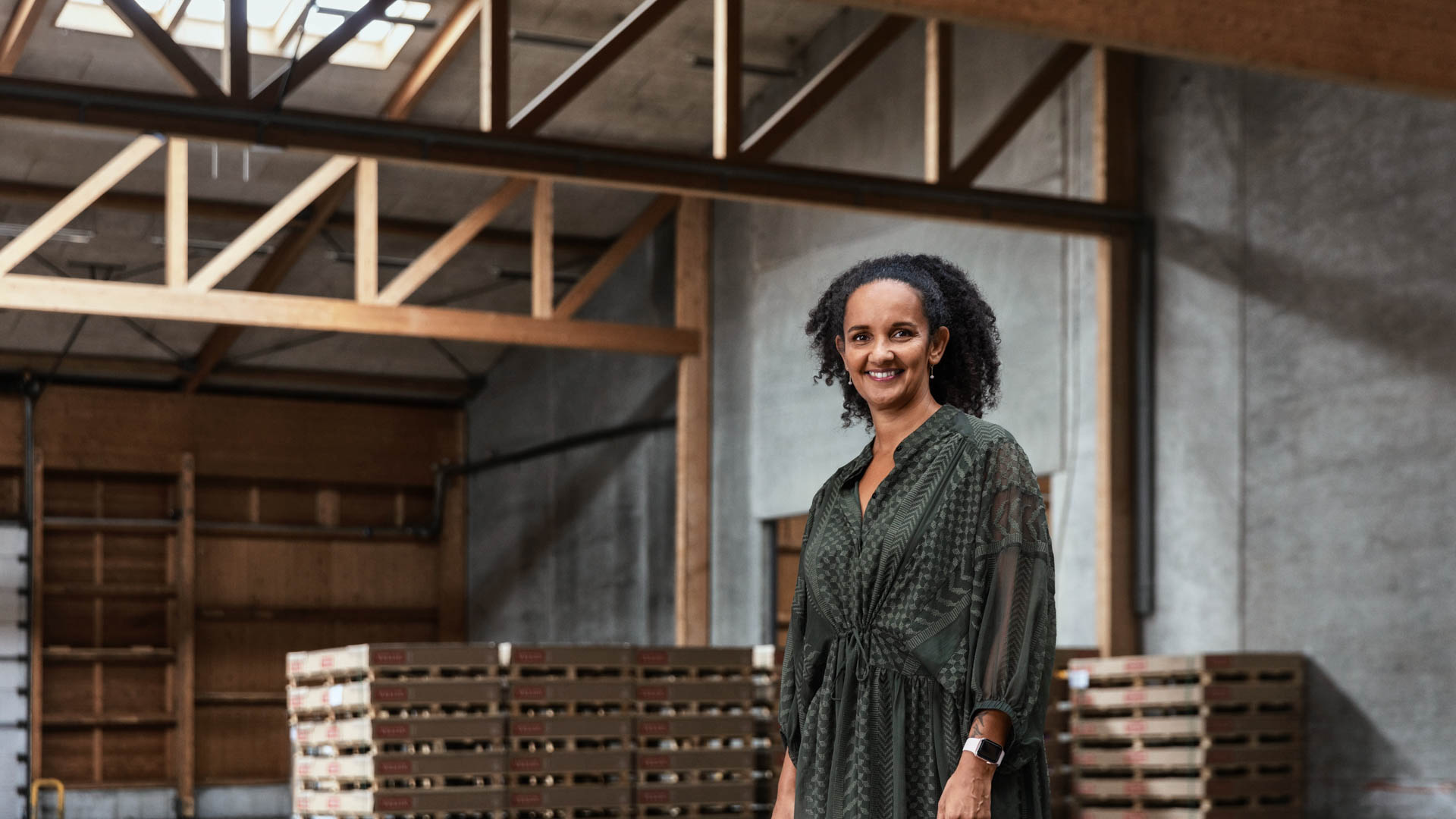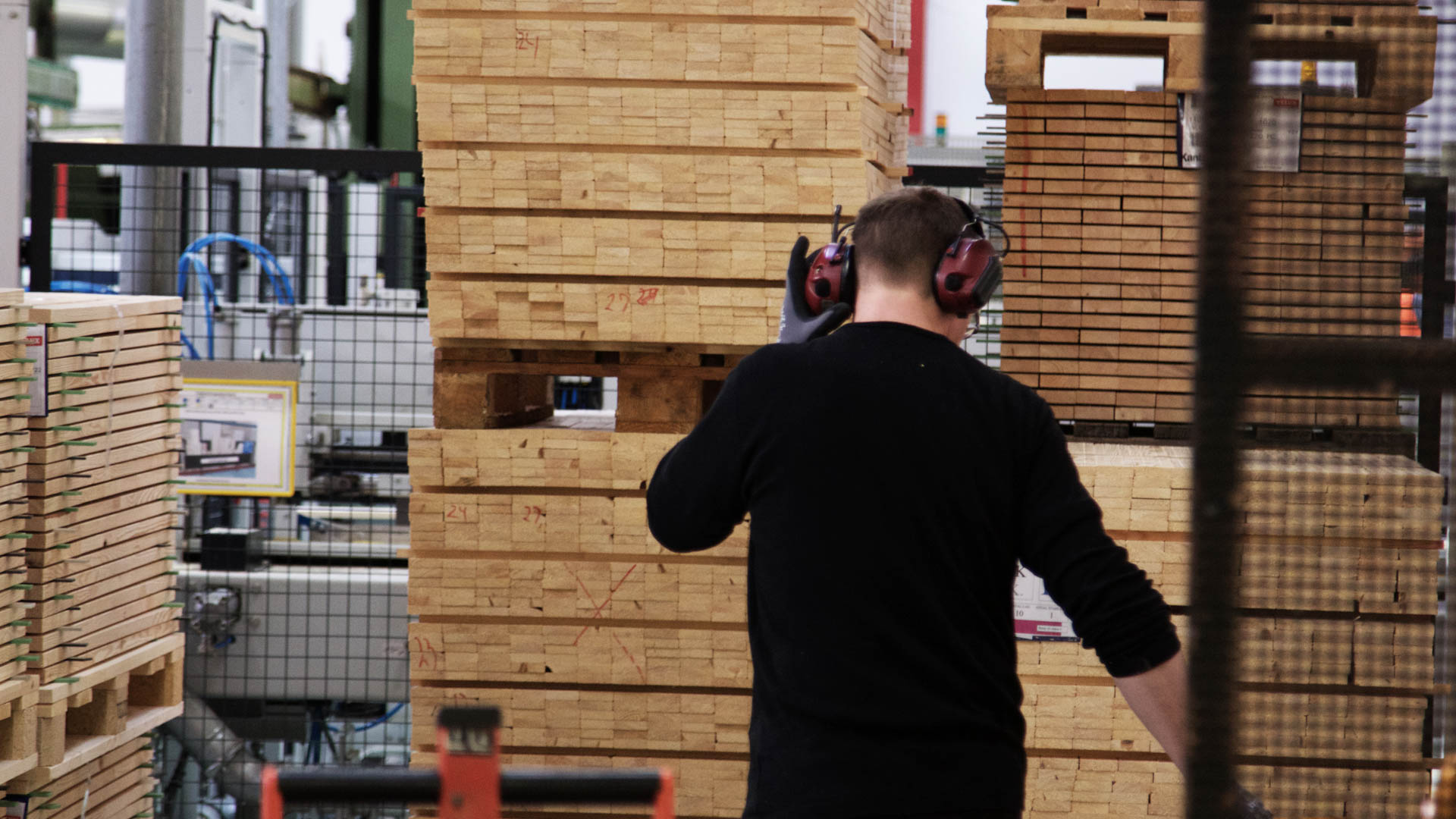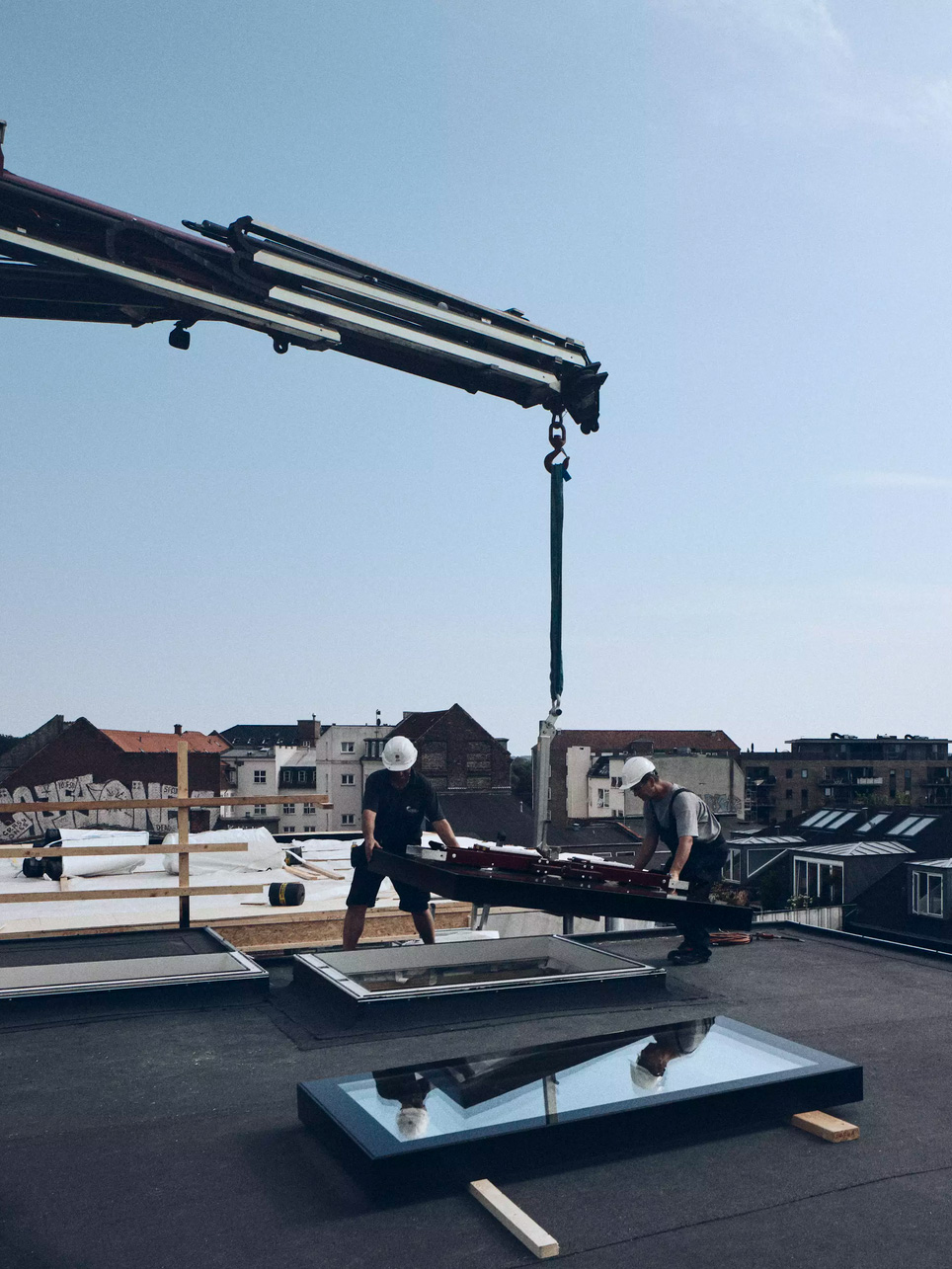The VELUX Group is committed to respecting human rights in line with the UN Guiding Principles for Business and Human Rights, both in our own operations and our value chain.
We take a clear stance against forced labour, human trafficking and child labour in and beyond our value chain. We also acknowledge our responsibility to respect freedom of association and collective bargaining and to ensure proper working conditions, non-discrimination and diversity in our entire organisation.

Policies guiding us
A number of VELUX Group policies set out our position and requirements connected to human rights and working conditions. These policies are developed based on the principles set forth in the International Bill of Human Rights and the core labour conventions of the ILO and with reference to the principles of the UN Global Compact and the UN Sustainable Development Goals.
The VELUX Group Code of Conduct for Employees complements the Sustainability policy and outlines the main principles of ethical behaviour for employees with respect for both human and labour rights. It builds on the ten principles of the UN Global Compact. Our diversity, equity and inclusion (DEI) policy outlines our vision for DEI and serves as a guiding principle to foster a diverse, equitable and inclusive company culture that enables everyone to thrive.
The VELUX Group Code of Conduct for Suppliers outlines our expectations for suppliers and is based on the principles underlying the United Nations Global Compact and the United Nations Sustainable Development Goals (SDGs). The Code of Conduct for Suppliers includes our standpoint against forced labour, human trafficking and child labour; how we expect our suppliers to respect freedom of association and collective bargaining; and how we expect them to ensure proper working conditions, non-discrimination against employees and their employees’ right to privacy. It was updated in June 2024 and will be revised annually to comply with new legislation and best practices.

Supply chain due diligence
The Code of Conduct for Suppliers sets out our expectations for suppliers and guides our approach to supply chain due diligence. All direct materials suppliers and indirect suppliers with a contract are obliged to sign our Supplier Code of Conduct. Compliance is monitored for VELUX residential suppliers through scheduled re-evaluation activities and non-compliance is categorised in terms of severity (“major” or “minor”). Where non-compliance is identified, we request corrective action plans, and we undertake follow-up visits to ensure that improvements are made.
The Supplier Evaluation and Approval Process (SEAP) is applied to all new VELUX residential suppliers for direct materials. The process was updated in 2023 and took effect in 2024. Before a new supplier for direct materials is approved, the supplier must undertake a self-assessment which includes elements of our Code of Conduct for Suppliers. Following this an on-site audit is conducted, which includes confirmatory checks of our Code of Conduct for Suppliers. The VELUX Group also reserves the right to monitor and audit, as appropriate, our suppliers’ subcontractors to assess their compliance with our Code of Conduct for Suppliers.
Human rights risk management
The VELUX Group is committed to respecting human rights in line with the UN Guiding Principles for Business and Human Rights, both in our own operations and in our value chain. Our policies have been developed based on the principles set out in the International Bill of Human Rights and the core labour conventions of the ILO, and with reference to the principles of the UN Global Compact and the UN Sustainable Development Goals.
To work more proactively with sustainability (including human rights) risk management, we have started using new risk management tools, including an AI platform. With the insights this provides, we will be able to monitor risk across our supply chain and support our suppliers to drive change. In 2023, we established new governance and compliance procedures around the platform, ensuring it was fully operational in 2024 and continues to support our goals into the future.

